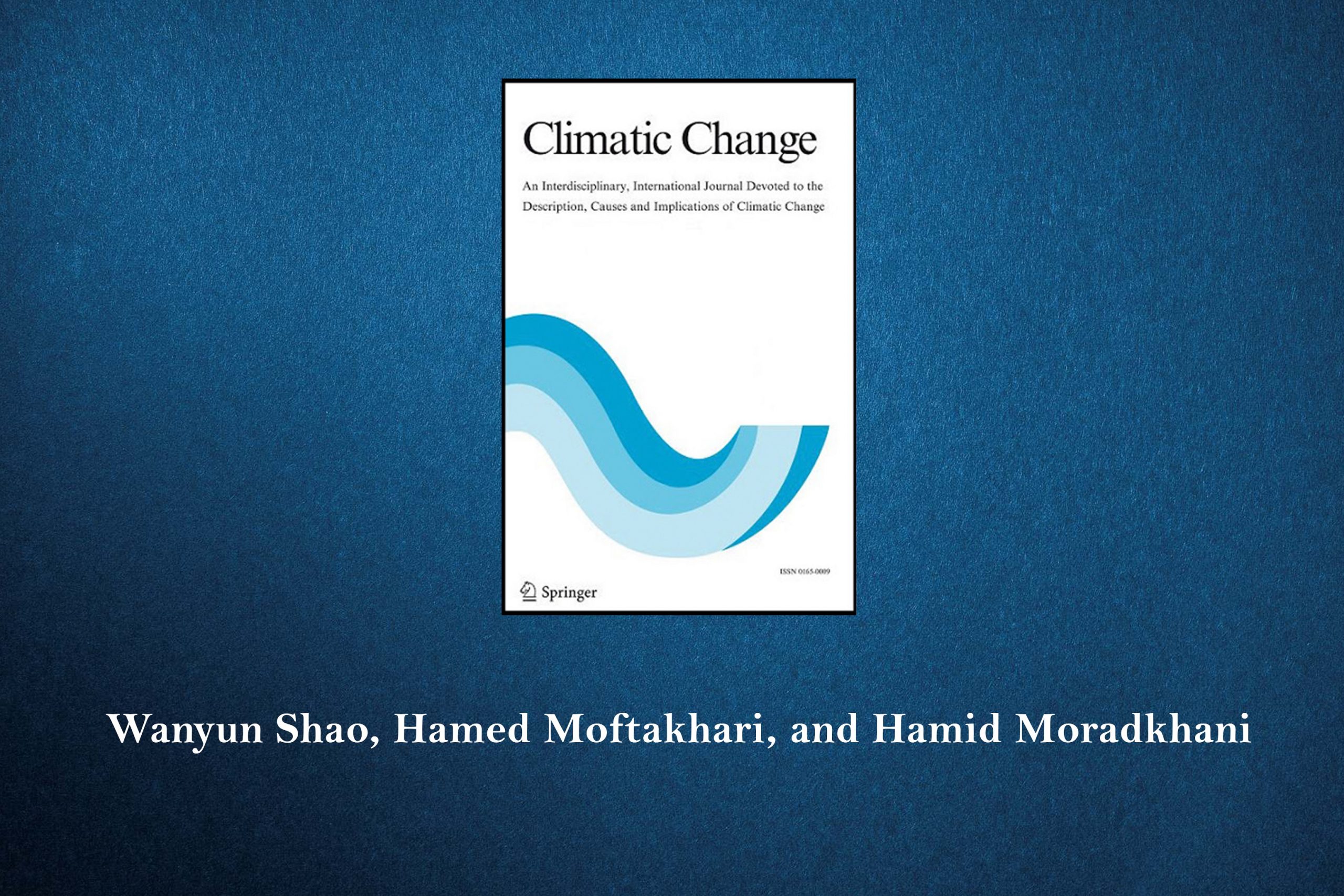Sea level rise (SLR) in the twenty-first century poses fundamental risks to coastal residents. The US Gulf of Mexico Coast (Gulf Coast) is among the regions experiencing the most rapid relative SLR. Beyond its increasing exposure to SLR and related coastal flooding, the Gulf Coast is home to a large population and displays high social vulnerability. How the coastal population in this vulnerable region perceives the impending risks posed by SLR warrants further examination. Do coastal residents’ perceptions of SLR conform to the scientific projections? We adopt an integrative approach based on a 2019 survey merged with contextual data including percentage of population living within the Special Flood Hazard Area (SFHA) and social vulnerability at the county level, both of which are extracted from the Centers for Disease Control and Prevention. We find that public risk perceptions of sea level change are influenced by political predisposition, with Republicans being less likely than Democrats to expect SLR in the future. Moreover, SLR remains a temporally distant issue among coastal residents. We then directly compare public expectations and scientific estimations of SLR in five states of the US Gulf Coast region and find that coastal residents in states that have experienced faster SLR in the past are more optimistic about future SLR by underestimating its magnitude compared to those experiencing slower SLR. Moreover, we find that people likely conflate the severity with likelihood of SLR risk. The contextual force represented by percentage of population living within the SFHA designated by the Federal Emergency Management Agency (FEMA) can significantly influence individuals’ estimations of future SLR, with higher percentages leading to higher estimates. We suspect that the SFHA has become a powerful risk communication tool that influences coastal residents’ judgments about future risk… Read more
-
PreviousOur paper in Journal of Climate Policy, Enabling incremental adaptation in disadvantaged communities: polycentric governance with a focus on non-financial capital
-
NextOur postdoctoral associate, Dr. Johanna Engstrom leaves the group to start her tenure track position as Assistant Professor of Meteorology at Embry-Riddle Aeronautical University in Daytona Beach, FL

